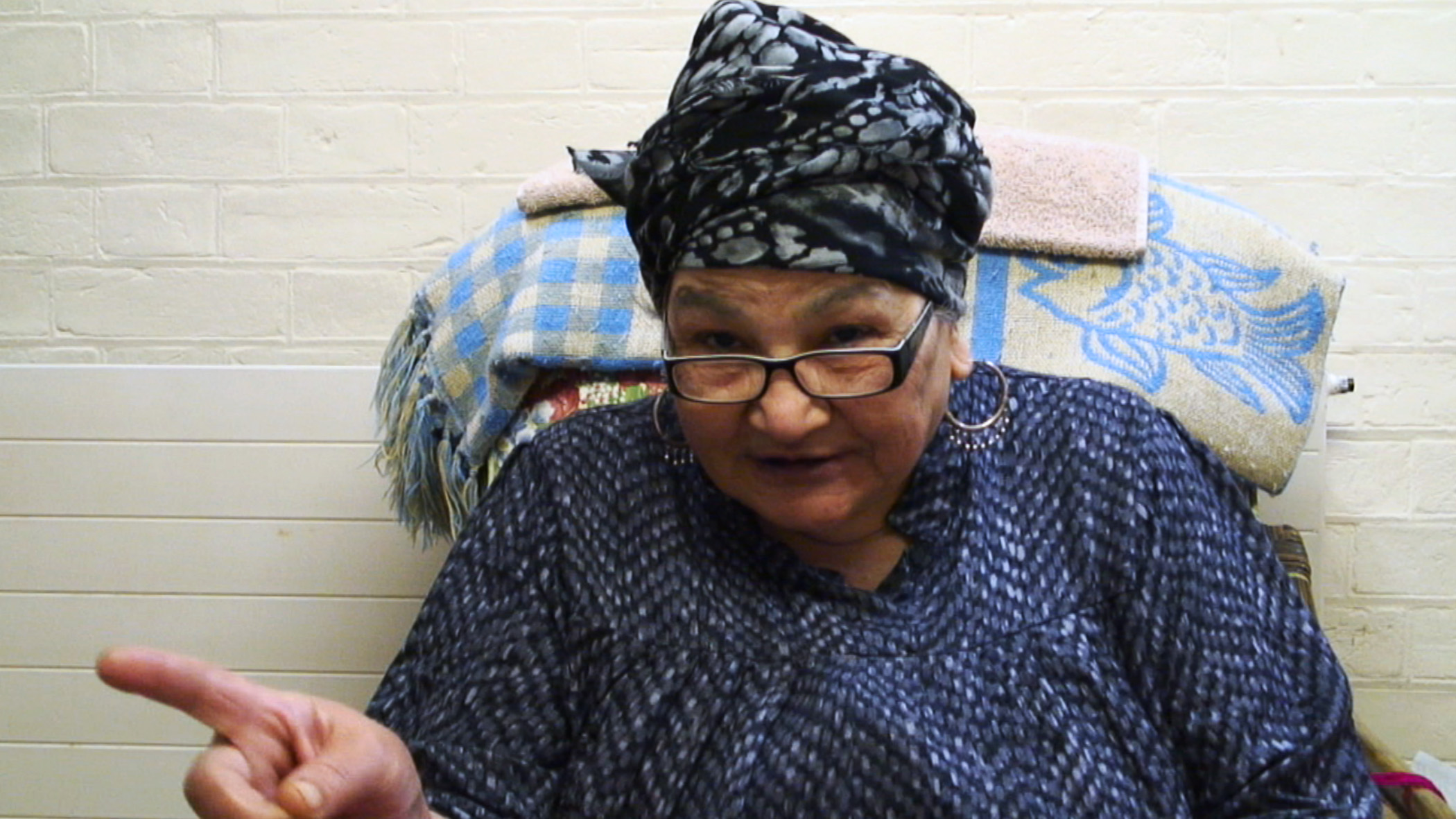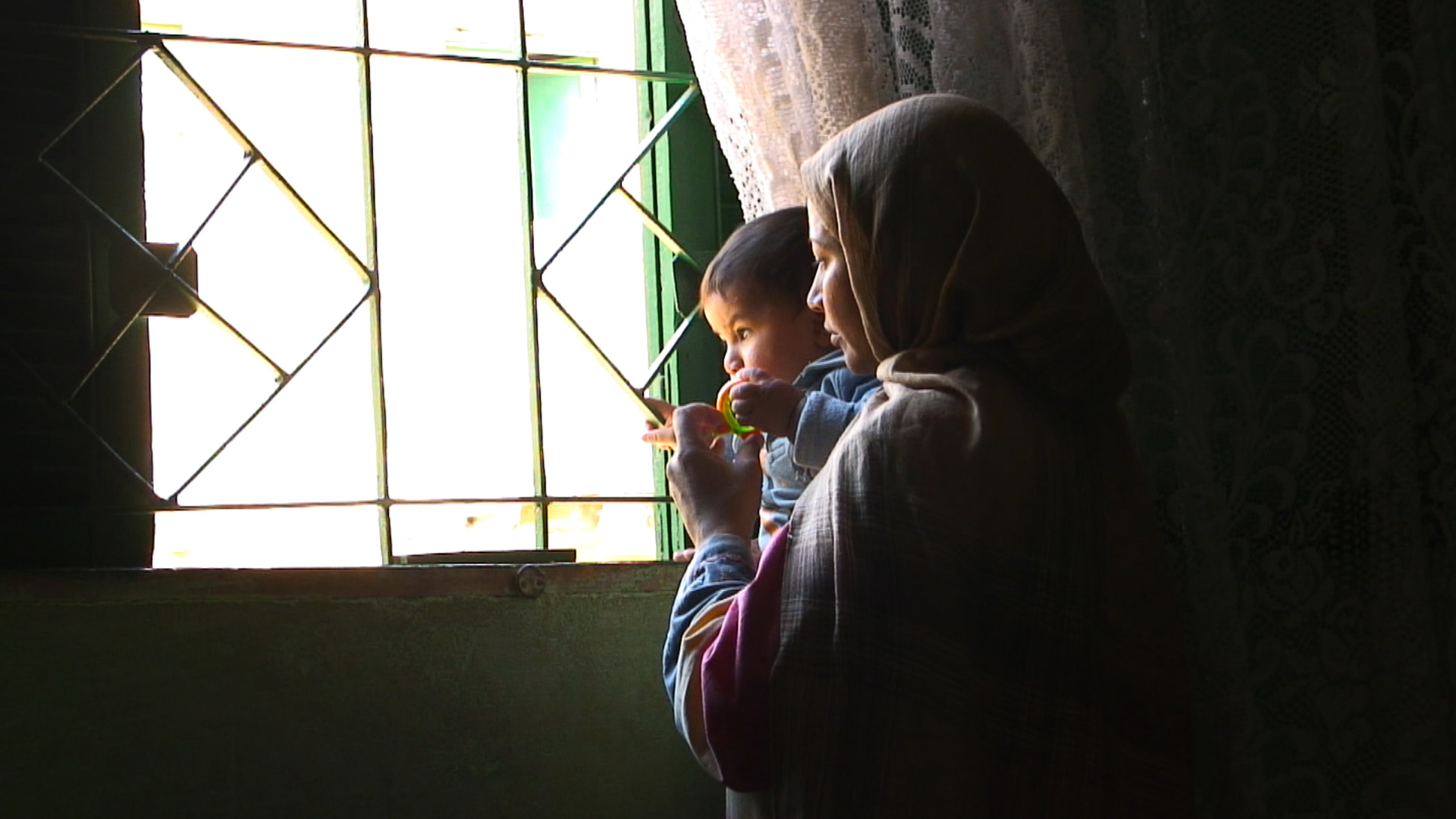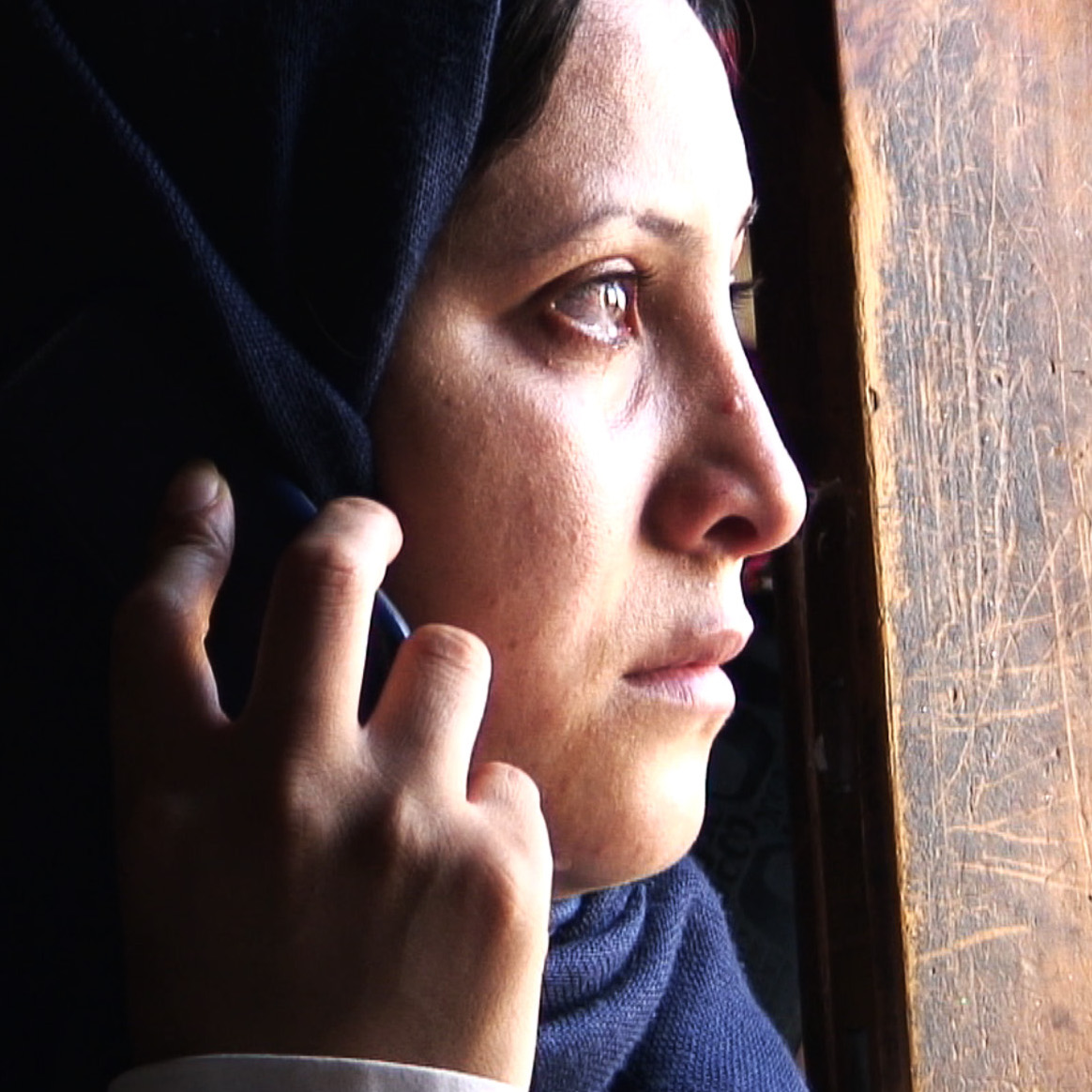Hanan Abdalla provides a window into the everyday lives of the women of Cairo
The burgeoning arts and culture scene in the MENA region is incredibly inspiring, particularly its recent global reach and prolific integration into the cultural domain of the Western world. For a woman who grew up under the strict supervision of Saudi culture, it is very refreshing and exciting to see so much happening in this part of the world, with the flourishing of creative sensibilities, and more importantly, the showcasing of this undeniable talent on a global scale. This was perhaps exemplified by the Bird’s Eye View Festival’s special screening of Haifaa Al Mansour’s Wadjda (the first feature film by a female Saudi director) at the British Film Institute in London, which was showcased ahead of the festival line-up on International Women’s Day. Such initiatives have placed a focus on untapped talent and unseen creativity from those who may otherwise remain unheard.
My experience at the Bird’s Eye View Festival – a festival featuring the films of female Arab filmmakers – happened on April 5th during the UK premiere of Hanan Abdalla’s In the Shadow of a Man, which premiered at the Berlin International Film Festival earlier this year, and won the prize for Best Documentary Director at the 2012 Doha Tribeca Film Festival.
Abdalla was born in London in 1968 to a family of exiled Egyptian activists, and graduated from Oxford University in 2010 with a degree in Politics and Philosophy. Later, she went on to complete a series of filmmaking courses, which inspired her to move to Cairo and document the 2011 revolution. Her film, In the Shadow of a Man follows the narratives of four Egyptian women – Wafaa, Badreya, Shahinda, and Suzanne. These women, all from different cultural backgrounds and generations, tell their stories of the recent revolution, and the impact it has had upon their lives. The audience experiences a series of intimate conversations as the women divulge their innermost thoughts to the camera in discussions of marriage, family, love, divorce, and domestic violence. Through the ‘lenses’ of these women, one comes to understand Egypt’s patriarchal society, and the restrictions faced by, and the inequalities conformed to by Egyptian women. What is most enlightening about Abdalla’s film is its powerful potential for hope and change, as one witnesses the unbreakable determination of these fiercely independent women, and the sense of freedom they encounter when they break their ties with age-old Egyptian traditions to take control of their own lives. The narratives of these women resonate within the viewer as they delve deeper into their stories and learn about their extraordinary resolve to assert their roles as female individuals in Egyptian society. They subvert norms to prove they can be independent; they can be single and free, and they can be businesswomen or political activists, if they so choose. They show that they do not fall solely under the banner of mother, wife, or daughter, and that they can – and will – be individuals in this time of great change in the Arab world.

Shot in Arabic with English subtitles, the film’s subject matter seemingly assumes the tone of a ‘serious’ political documentary, most likely inaccessible; this is far from true. Of course, the film has a strong political message and features very weighty topical debates, but its tone is not like what I had expected. ‘I don’t like men’, says the divorcee Wafa in the first scene. The camera follows Wafaa as she strolls through the dusty streets of Cairo, greeting her neighbours and friends – both male and female – unveiling a woman with a strong presence and an intoxicating sense of character. ‘[Men] don’t like me, and I don’t like them.’ Wafaa is blunt, somewhat bitter, and incredibly witty. Although the film is subtitled, there is no loss on the lever of humour; Wafaa is a woman who knows how to carry herself, and this translates very well on screen. Well-travelled and well educated, Wafaa followed the Egyptian customs expected of her (i.e. to become a wife and a mother), but later decided that she simply did not wish to live her life following these customary obligations. Ultimately, this led to the now frowned-upon divorce from her husband and her life as a divorcee in Egypt. ‘What made you choose a humorous tone for the film?’ one audience member asked Abdalla during the panel discussion that followed the screening. Abdalla explained that she did not ‘dictate’ the tone, nor did she set out to frame her narratives in any particular way; rather, the characters set the tone of the documentary. Though Wafaa’s humour may have brought a more light-hearted, cathartic feel to the story, her narrative still managed to make light of some very dark issues.
‘You can never be a fly on the wall’, remarked Abdalla. ‘Your presence will always dictate the conversation that takes place’
A second question posed to Abdalla was regarding the selection process for the women in the film. ‘It had to be an enjoyable film, a personable film’, Abdalla explained, stressing the importance of striking a balance. Abdalla knew two of the women – Wafaa and Badreya – personally. Badreya was filmed in the rural outskirts of Egypt, on the farm and family home where she lived with her husband and children. In watching her, one learns of the incredible struggles she encounters on a daily basis taking care of her children, the animals, and daily chores, while her husband comes and goes as he pleases; hers is a tragic story of neglect and lack of support from the supposed man of the household. Shahinda, on the other hand, is a political activist who lost her husband to their shared political cause. She was forced to elope to marry the man she loved, as her family would never have accepted him as her husband, and she continues to fight to this day. Finally, the audience comes to learn about Suzanne, the businesswoman who owns her own store. ‘Suzanne was a gamble’, reflects Abdalla. She did not know how her story would unfold. Suzanne had the courage to tell her story and act on what she believed to be right, in spite of traditions and conventions in Egypt. ‘She was so warm, so open, and so brave.’

As a director, Abdalla could not anticipate or plan how these women’s’ stories would unravel. She had great strokes of luck during the filming process, and the scene in Suzanne’s shop that sees two niqab-clad women chatting about their husbands, politics, and the state of Egypt is a classic example of this. It is fantastic, as it serves as such an eye-opener, particularly for an audience with little or no knowledge of Egyptian customs. Here, in the mere span of five minutes, Abdalla nullifies a host of stereotypes. Despite their veiled countenances and anonymous identities, viewers see these women on a personal level, beneath the niqab, as they experience so much of their personalities in a single conversation; they are hilarious, entertaining, and warm – attributes that can’t simply be determined from appearances, and that contrast with so many misconceptions about women in the Arab world. These women poke fun at their husbands and marriages, and are not only intelligent, but incredibly politically-informed as well. A stroke of luck it may have been, to stumble upon these women gossiping; yet, this same scene might have played out very differently had it been a man directing the film. The very fact that Abdalla is a woman meant that she could be part of the scene, as the women would not likely have been as open had they been in the presence of a man. ‘You can never be a fly on the wall’, remarked Abdalla. ‘Your presence will always dictate the conversation that takes place.’
As much as Abdalla’s film champions women in traditional Egyptian society, it is not simply a case of women versus men, as some might be led to believe. ‘[That would be] a very poisonous way of looking at it’, Abdalla told one male audience member. In terms of the female voices in the film, Wafaa simply responds to her divorce, while Badreya feels incredibly unsupported by her husband. These are personal female experiences, microcosms in a much wider context of issues dealing with women’s rights. ‘There are problems with women’s rights all over the world,’ she remarked, ‘and they should be tackled wherever we are’.
Abdalla’s In the Shadow of a Man brings many broad women’s rights issues to a personal level of understanding, to a narrative that is accessible and humble. Her direction is free-flowing and natural, and brings a human element to a largely political discourse watered down in mainstream media, an outlet often lacking the ability to resonate with people due its distanced position from reality. Abdalla’s film is heartfelt and hugely impacting, and hopefully marks but the beginning of a new chapter of stories to be told by women throughout the Middle East.

